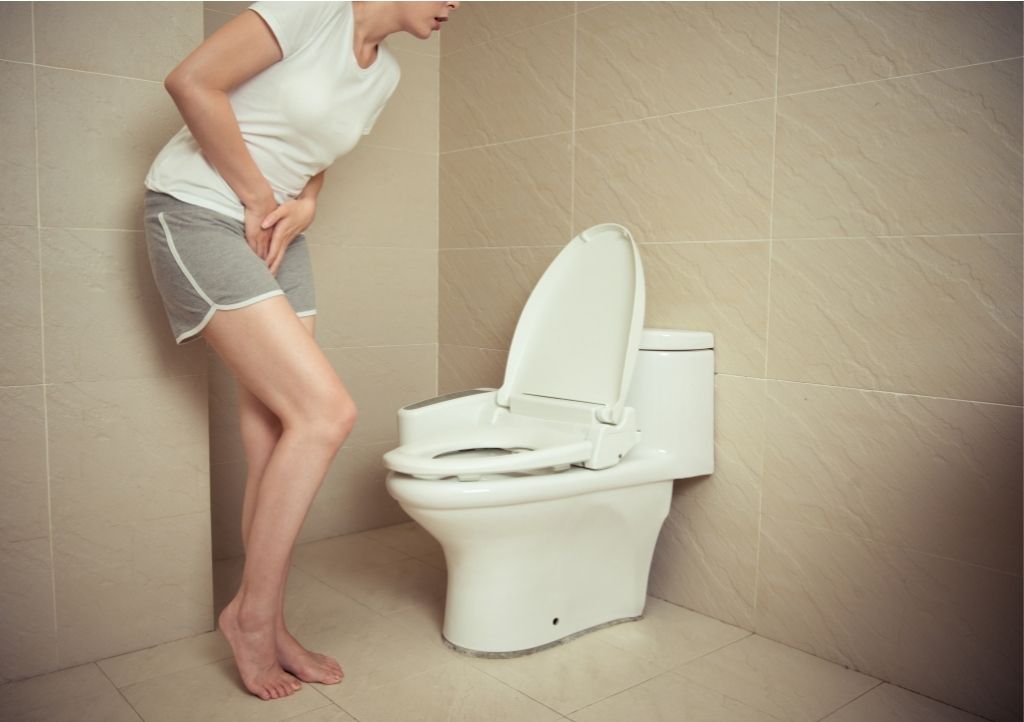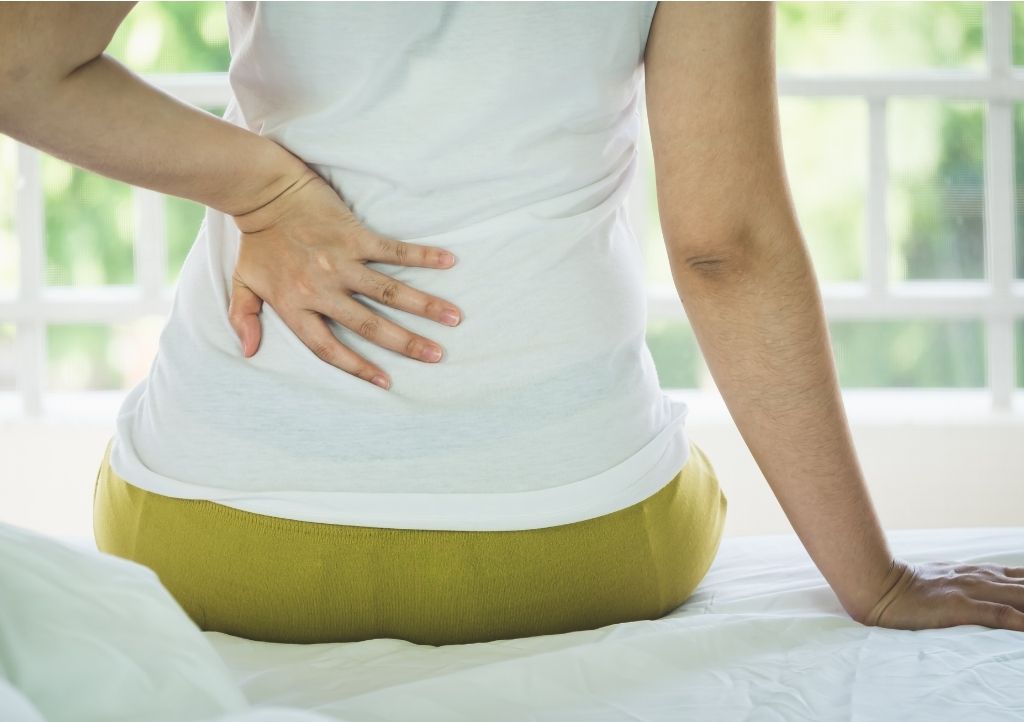Simple Steps to Take Better Care of Your Urologic Health
Your Urologic Health is Important
Why Should You Worry About Your Urologic Health
Your urinary tract system is your body’s way of getting rid of excess liquid waste. The kidneys filter your blood, remove everything your body won’t use, and sends it through ureters and into the bladder. When your bladder gets full, your urethra guides urine out of your body. More often than not, this process happens smoothly. Your organs work around the clock so you don’t have to put much thought into it.
Unfortunately, our bodies aren’t immune to problems. Sometimes, things go wrong and when that happens, you will need to see a urologist. In this article, we’ll explore the importance of having a urologist and seeing them regularly.

9 Healthy Tips for Urologic Health
1.
2.
3.
4.
5.
Bladder-friendly foods include bananas, nuts, eggs, green beans and whole grains.
6.
7.
Drink enough water. This is a good way to lower your chance of forming kidney stones. Aim for about 3 quarts of water a day or about ten 10-ounce glasses. Frozen grapes, orange peels and cucumbers can add flavor to your water without adding many calories.
8.
9.
Signs You Should Visit Your Urologist
A urologist might treat bladder problems, urinary tract infections (UTIs), bladder and kidney cancer, kidney blockage, and kidney stones.
Men might also see them for:
- Erectile dysfunction (ED)
- Enlarged prostate gland
- Prostate cancer
- Testicular cancer
Women might also see a urologist for
- Problems holding your pee after pregnancy
- Pelvic organ prolapse (when an organ like the uterus or bladder starts to drop or press into or out of the vagina)
Children might need to see a urologist if they have an abnormal urinary tract problem like bedwetting.
Sources:
https://www.urologyhealth.org/healthy-living/lifestyle-and-exercise/10-healthy-tips-for-urologic-health
https://www.urologycentersalabama.com/urologic-health-tips-resolutions-for-2018/
http://www.kidneyurology.org/Library/Urologic_Health.php/Urniary_system_and_how_works.php
https://www.webmd.com/a-to-z-guides/urologists-what-do-they-do
